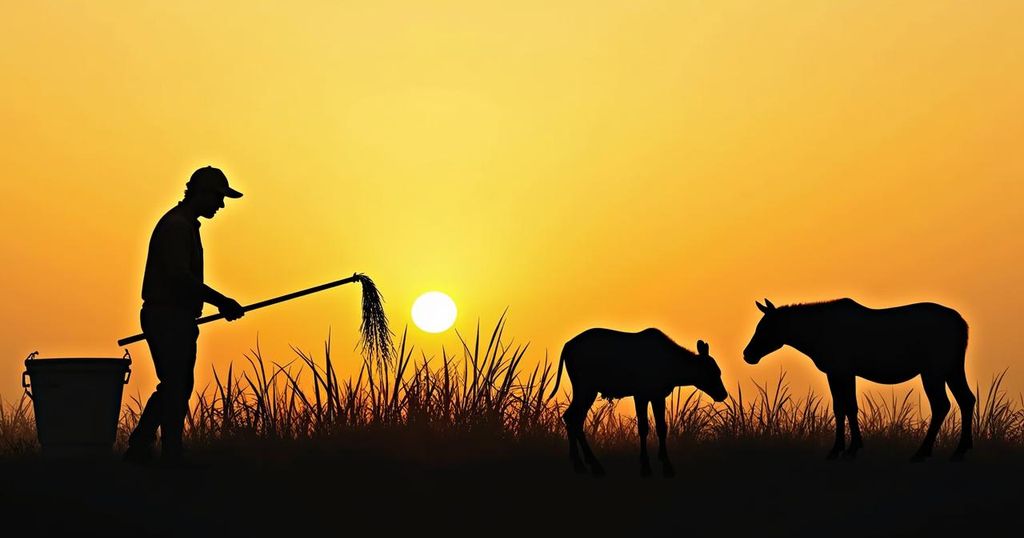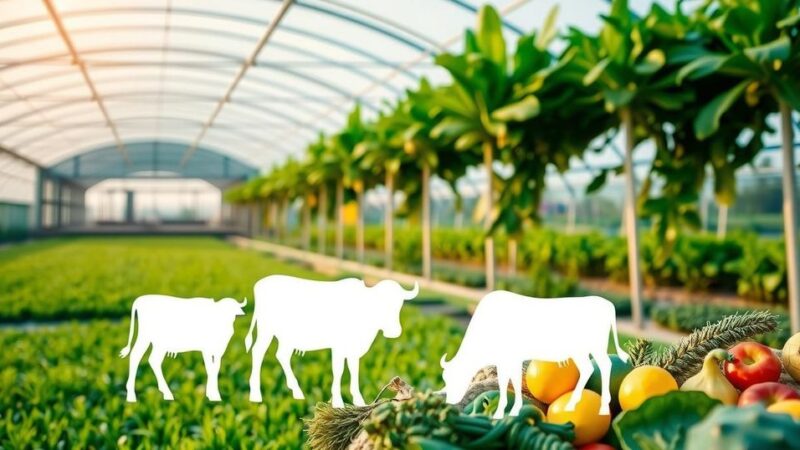The easing of rice export restrictions by India is welcomed in South Africa, where rice imports are crucial, constituting about 10 million tonnes annually. This decision is expected to stabilize prices and improve supply, particularly significant in the context of the local market’s dependency on foreign rice due to climate limitations. Experts predict that the lifting of the ban will lead to a decrease in rice prices, benefiting consumers and businesses alike in South Africa.
India’s recent decision to ease restrictions on rice exports has been met with approval in South Africa, where rice imports total approximately 10 million tonnes annually. Pranav Thakkar, a representative from Dev International, one of the country’s leading importers of Indian products, expressed optimism, stating, “It’s welcoming news for all the importers like us. After Thailand and Vietnam, which account for 70 percent of imports of rice in South Africa, India is the next biggest exporter of rice to South Africa.” He noted that the lifting of the ban on exporting short-grain and white rice has begun to positively influence global market prices, which are already showing signs of decline. As soon as the announcement was made, Thakkar confirmed that he and his colleagues promptly placed new orders as containers were dispatched for shipment. He emphasized that the timing coincides with the forthcoming harvest of paddy in India, further augmenting supply. Short-grain white rice is especially significant in South Africa as it is popular among consumers and is often re-exported to neighboring countries. Thakkar indicated that prices, which had surged last year to levels comparable to basmati rice, are likely to revert to more stable conditions following the removal of the restrictions. In line with these developments, Wandile Sihlobo, Chief Economist at the South African Agricultural Business Chamber, remarked on the influence of global rice supply dynamics. He stated, “Global rice prices have softened notably in recent weeks because of expected ample global supplies.” He connected the easing of India’s rice export restrictions to rising supply levels post-election and observed that the situation would likely alleviate local market pressures in South Africa, which is reliant on imports for its entire rice consumption of about a million tonnes annually. The context behind this easing of trade restrictions lies in India’s prior ban on non-basmati white and broken rice, which constituted a significant portion of the country’s rice exports, approximately 45 percent of the total 22 million tonnes. After the ban was announced on July 20, 2023, the global rice market reacted with price increases in anticipation of shortages. Despite concerns surrounding India’s production, Sihlobo reassured that adjustments in supply chains averted a widespread rice shortage.
Rice is a staple food in many countries, including South Africa, which lacks local rice production capacity due to its climate. To meet domestic consumption needs, South Africa is fully dependent on rice imports, primarily sourcing from Thailand, Vietnam, and more recently, India. In July 2023, India imposed a ban on certain rice exports, causing global prices to spike in response to fears of shortages. With the recent lifting of this ban, there is an expectation for decreased prices, making rice more accessible to South African consumers and businesses, particularly those involved in the Indian cuisine sector.
The easing of India’s rice export restrictions is poised to benefit South Africa significantly by stabilizing prices and ensuring a steady supply for the nation’s rice importers and consumers. As noted by industry experts, this development arrives at a crucial time with new harvests approaching, thus promising relief from the elevated prices experienced over the past year. The overall sentiment among stakeholders, from importers to restaurant owners, remains optimistic as they prepare for the anticipated decline in rice costs.
Original Source: m.economictimes.com






